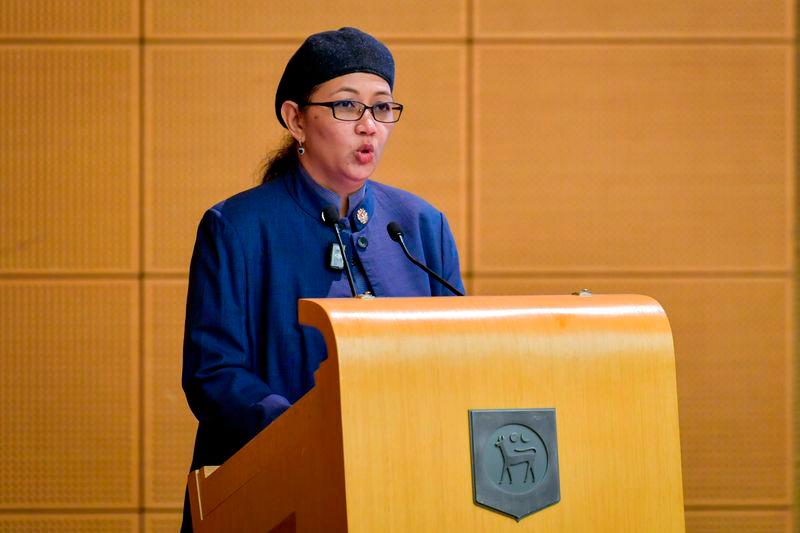KUALA LUMPUR: The skills-related underemployment (SRU) rate has continued to fall in line with improvements in the country’s education level, said Deputy Economy Minister Datuk Hanifah Hajar Taib.
SRU is defined as tertiary-educated individuals working in semi-skilled and low-skilled jobs.
Hanifah said the SRU rate stood at 37% in the second quarter of 2024, in line with high-income nations such as South Korea (38%), Australia (32%), the United Kingdom (28%), and the United States (30%).
“The underemployment rate of STPM holders is 55.8%, while for degree holders, the rate is lower at 26.9%,” she said during the question-and-answer session in the Dewan Rakyat today.
She was responding to a supplementary question from Datuk Mohd Shahar Abdullah (BN-Paya Besar) on the government’s efforts to address the mismatch between labour supply and demand, particularly among graduates with a cumulative grade point average (CGPA) of 3.5 and above who qualify for jobs in high-growth sectors.
Hanifah explained that the government is actively trying to boost investments in key sectors to create more high-skilled jobs, with initiatives such as the KL20 Action Plan, the National Energy Transition Roadmap, and the New Industrial Master Plan 2030.
“These measures will ensure that the country’s economy does not only rely on (just providing) low tax rates but also can meet the demand for high-quality jobs,” she said.
Hanifah also emphasised the government’s commitment to developing a comprehensive ecosystem that encourages skilled workers abroad to return home, such as from Singapore where the cost of living is rising.
“If the cost of living in Singapore becomes too high, skilled workers might consider returning to Malaysia, where the job ecosystem and quality of life better suit their needs,“ she noted.
She added that the government is ready to strengthen upskilling and reskilling initiatives to ensure the workforce meets the needs of high-value and high-growth industries.









